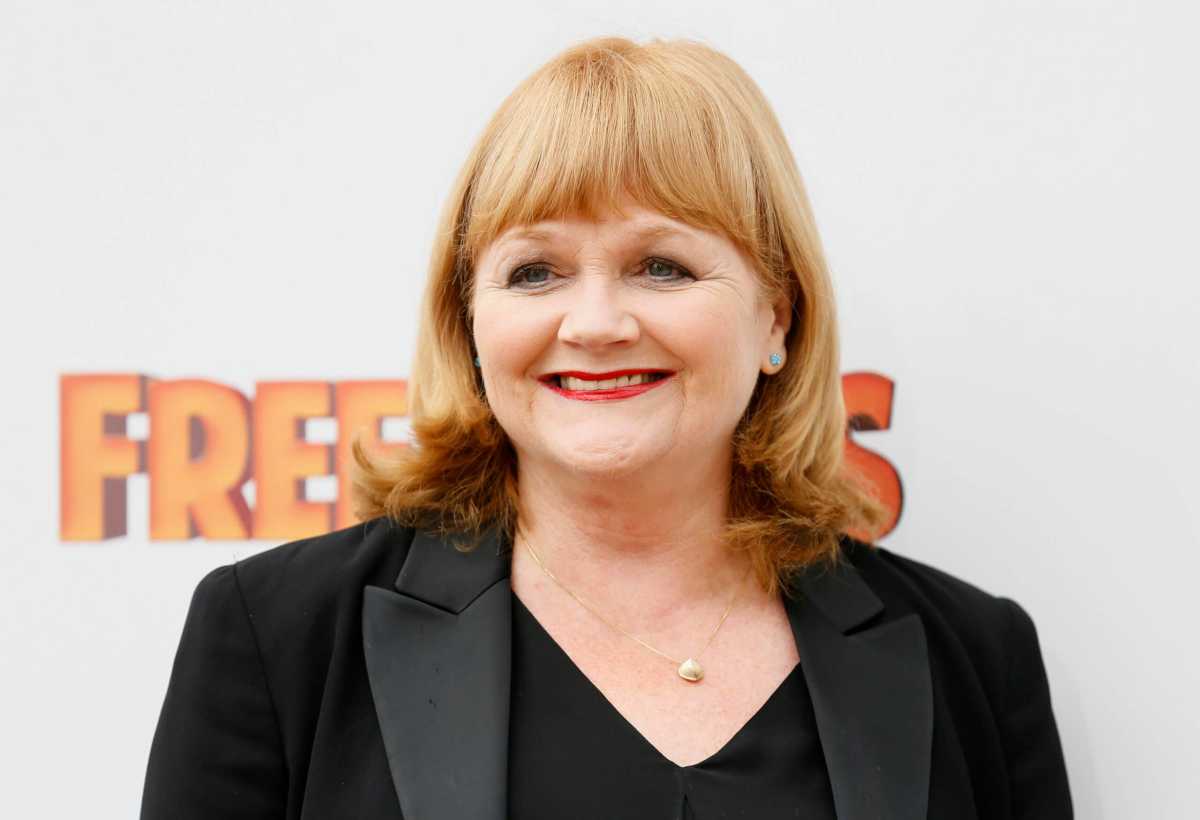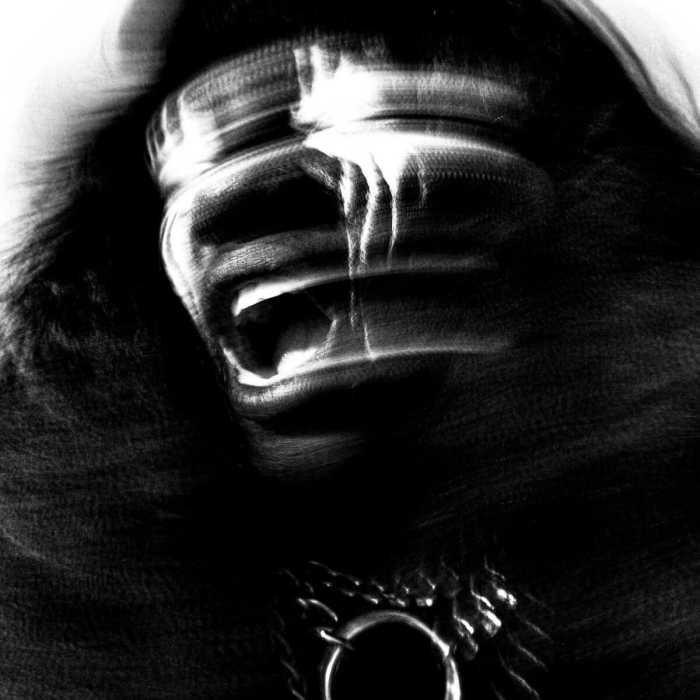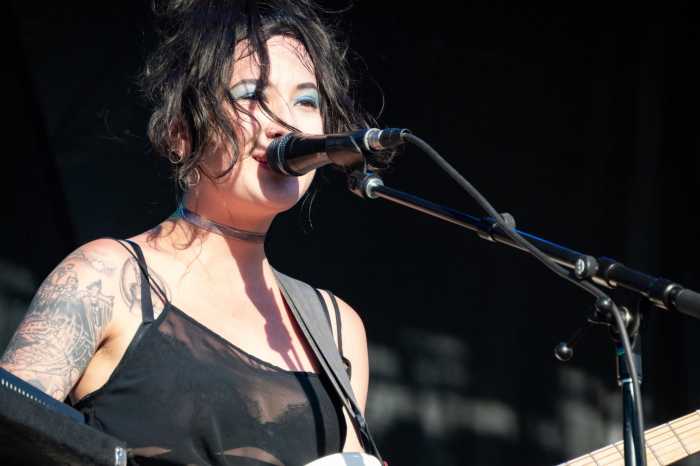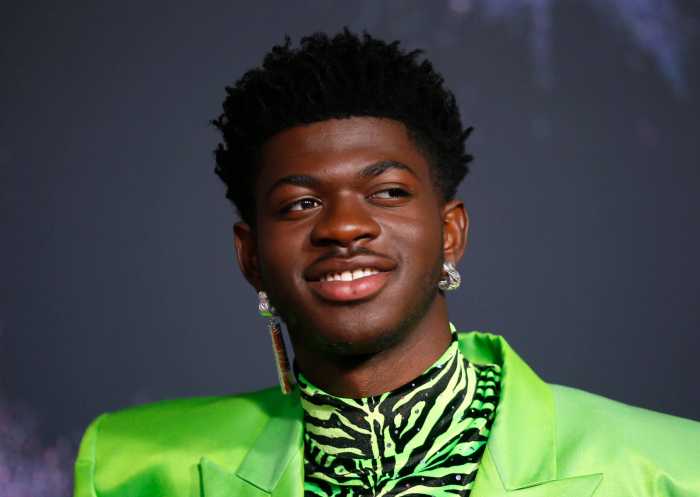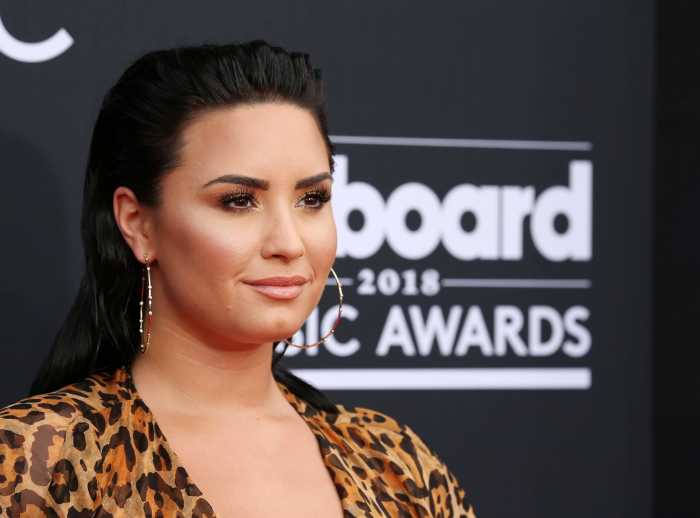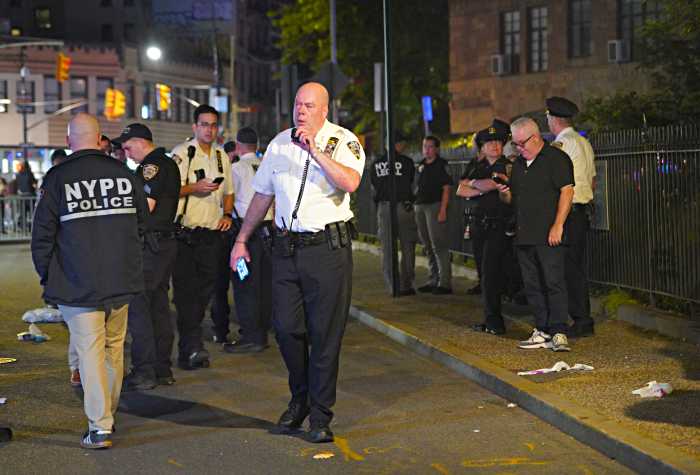“Downton Abbey” star Lesley Nicol has a new adventure — an autobiographical musical called “How the Hell Did I Get Here?” — and she is bringing it to New York’s McKittrick Hotel. Nicol took some time to speak with Gay City News about her latest work.
Christopher Byrne: So let’s just start by asking how the hell did you get here?
Lesley Nicol: Well [laugh], very good question, Chris. I met my friend, Mark Mueller, who is a very songwriter in Los Angeles. We met socially and we were friends, and then one day I said to him, “I’ve got this bug about doing a show,” but won’t be a cabaret because I’m not a cabaret. I’m an actor who sings and that’s different, you know? So I’ve just got this feeling. I want to do something that I can do. And he said, “Well, that’s vague, isn’t it?” I said, “Yes [laugh], very,” and so he said, “I think I better come around to your house and we better talk about this.” I said, “Yes, please. If you don’t mind.”
And originally, because I know he’s a very wonderful songwriter, I thought it’d be lovely. Once we started going on this, neither of us could stop. So I would tell him a story and they’d say, “Huh, well, that’s a song.” And then it would become a song possibly the next day. He’s that quick. So that’s how we got here. That’s how it happened.
Byrne: And it’s an amazing show. It really does cover your life from childhood right up through your turns in “Downton Abbey.”
Nicol: It does. And let me just try and explain — it is hard to explain this because unless you’ve seen the show, you probably don’t quite don’t know what I’m talking about, but I just want people to know that it isn’t exclusively about me. It’s not meant to be exclusively about me. Of course it is. I’m telling you stuff that’s happened, but we always wanted it to be something that anybody would come along and see and go, ‘Oh God, yes, I remember of that happening to me,” or a version of, and I’ll tell you one of the love things that happened in Chicago. ‘Cause we just did three weeks in Chicago, and five drag Queens came to see the show, not in drag sadly, but they did, they were drag Queens. And one of them said to my producer afterwards, “I’ve just sat for the last hour and a bit and laughed and cried with Leslie and seen my whole life in front of me.” Yeah. And you kinda go, “Oh good. That’s what it’s supposed to be.” It’s not the Leslie Nichol show. It really isn’t.
Byrne: I was reading a lot about you, and another thing you and I have in common is that we were both put on diets as kids and created a whole lifetime kind of comp complexity around body and body image. Talk a little bit about that for you and how you’ve overcome it.
Nicol: I just love that. That that’s so good, isn’t it? Because people assume that that’s a female thing and it isn’t. My mother put me on a diet because she had her own issues about weight. It’s all in the show. We’ve even written a song about it. It took me years to understand that it wasn’t actually about, “I don’t love you because you’re putting weight on,” it was that she was just so screwed up about weight herself that she wasn’t balanced about it. So it made her behave sort of irrationally and lay it on me.
Byrnes: Any other fun stories about people you have encountered [in your work]?”
Nicol: Well, the sad thing is we haven’t been allowed to meet people afterwards, of course, because of COVID. However, we have a board that we put up at the end and it says we are really sorry, we can’t say hello, because it’s only me and Mark. There’s a real fear that we will get COVID and then the show’s done for.
It’s all that I hoped it would be.. but there is a point at the end of the show where I’m at the premiere in London’s Lester Square, and I am sobbing when the film starts because my mom and dad aren’t there now… and, you know, it’s a moment where you go, “Oh, this, that too bad.” But those are the sorts of things that people will relate to.
Byrnes: Yeah. And the thing about your parents being gone, I mean, I’ve had the same experience for me. It’s like, wow. I just wrote a book. My mom always dreamed that, you know, that I would have a book really. And, you know, it’s like, she would’ve, she would’ve appreciated it.
Nicol: Totally. And that’s what I say about my two. I mean, my dad gets a round of applause because I talk a lot about him through the story — because he was very important and he was so loyal to me. And actually, if it’s a good night, I get a round of applause for getting my first boyfriend, because people are so with me on this terrible journey of going cross-eyed and being a bit large and you know, not very confident.
Byrnes: In the US, there are more young people interested in performing and pursuing careers in the performing arts than ever before. And it’s much more possible than, say, when I was a kid, when, you know, boys didn’t tap dance. And now you see all of this. What would you say to a young person who is starting out and, and wants to pursue a career in the performing arts?
Nicol: Don’t do it unless you are desperate to do it. And the point is, if you are desperate to do it, then no one will stop you. That that’s the truth. But you have to be that hungry because the trouble is that in this day and age, because of social media and the internet, people and kids can sometimes think it’s just glamorous and well-paid and easy and everyone can do it. It’s none of those things, actually. It can be very miserable and very hard and dispiriting. And then sometimes it’s glorious, but you have to really want to do it to put up with all of that because nobody just has a marvelous turn, you know, day in and day out. It’s a tricky, old thing to get into.
“How the Hell Did I Get Here?” | McKittrick Hotel | Through May 8 | Get tickets at mckittrickhotel.com

